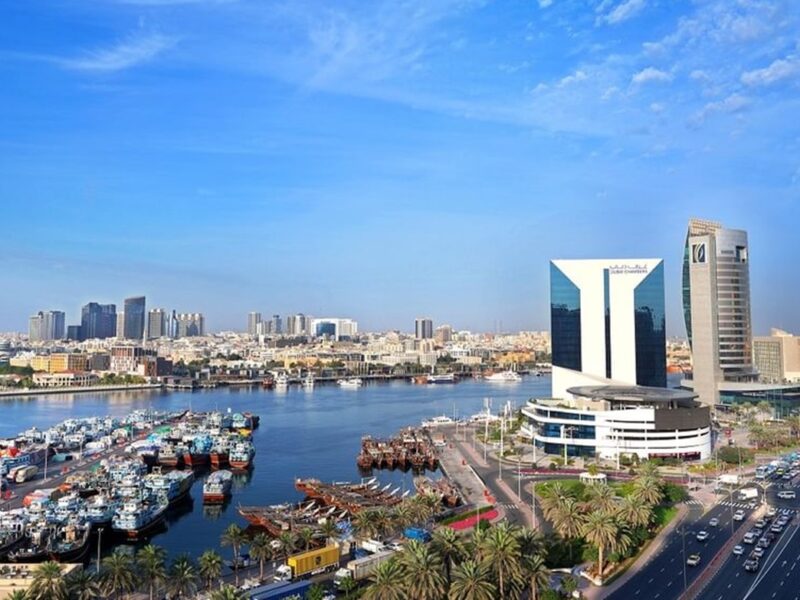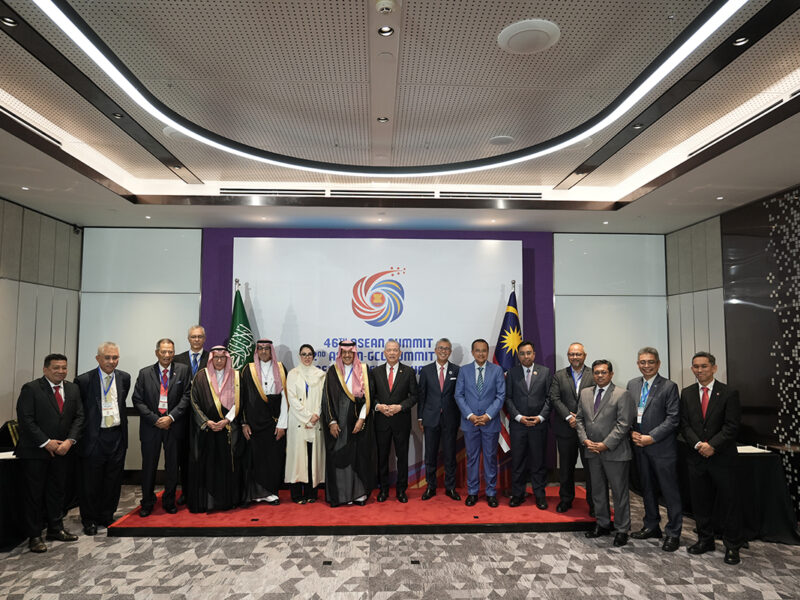The UAE must do more to clamp down on the illegal smuggling of endangered and exotic animals into the country, animal welfare charities said.
The prevalence of illegal wildlife trading in the Gulf state became apparent this week when a 36-year-old Emirati man was arrested at a Thailand airport for trying to smuggle baby leopards, panthers, monkeys and a bear in his luggage.
The case comes weeks after media reports cited a tiger was spotted leaning out of the passenger car window of a blacked-out Dubai vehicle as it drove past the Mall of the Emirates.
“Not enough is being done to prevent this trade,” said Steve Galster, the director of Thailand-based anti-trafficking group Freeland Foundation, who was present at the Bangkok arrest.
Ashley Fruno, a senior campaigner of PETA for Asia-Pacific, said tougher deterrents were needed to outweigh the easy money available to contraband traders.
“The laws and penalties that exist hardly dissuade dealers when compared with the kind of money that can be made from smuggling, and this case is just a recent example,” he said.
Animal trafficking, worth $10-20bn globally, is the third most lucrative illegal industry after drugs and arms dealings and is a growing concern in developing countries.
According to local charities, the UAE is a known hotspot for the trade thanks to a high demand for exotic pets in the region, which are seen as symbols of power.
Also making the UAE an attractive market, they say, are good flight and shipping connections, which allow poachers to re-export the trafficked animals to other GCC countries such as Saudi Arabia, Bahrain, Kuwait and Qatar.
“There is a high volume of trade into the UAE because there is a lot of demand in the region,” said Dr Elsayed Ahmed Ahmed, a programme manager at the Dubai branch of the International Fund for Animal Welfare (IFAW).
“Many wealthy people like to have this kind of wildlife just to be proud that they have exotic pets. Some of the demand is also motivated by teenagers asking their parents for strange animals.
“The trade has not reached the mafia level yet, but if you go into some of the shops in the local markets the shop keeper will say he can get you whatever you want,” he added. “You will also find many of these species on the internet.”
Other experts agree, citing online sites in the region as an extremely effective sales tool.
“I know there is a big market in Sharjah,” said Ziad Al Janaan, a volunteer at the Dubai Animal Rescue Centre (DARC). “Also if you go on Dubizzle there are lots of people offering animals – if you want a husky dog for example you can find it online. I actually contacted a guy on there once as an experiment and he was selling a cheetah cub for AED25,000.”
Article continues on next page…
Exact figures on the extent of the wild animal trade are not available, but experts estimate around half of animal trafficking attempts are successful. Aside from the threat of death for the animals, the illegal trade also poses health risks for the wider human population and can cause irrevocable biodiversity loss.
“We don’t know for sure which animals are trafficked and which aren’t,” said Christopher Lloyd, head vet at Nad Al Shiba Veterinary Hospital in Dubai, “but we used to get quite a lot of lions and cheetahs. Now we get about four to five baboons a year.
Among the main diseases brought into the country by the stolen animals are Hepatitis B, Tuberculosis, and HIV, typically carried by baboons, he added.
Animal rights activists say increased scrutiny at airport customs departments and education of the public could help tackle the problem, as many consumers are unaware of the dangers.
“We need to send out a clearer message to the public about what’s legal to bring into the country and what isn’t,” said Janaan. “If the public keep on buying these animals then there is a business for those who are importing them. Obviously if people want to bring them in they’ll always bring them in but if there’s a smaller market for the animals they’re less likely to.”
According to IFAW’s Ahmed, customs staff could also benefit from training in detecting the organised gangs that smuggle animals.
“The customs departments have a big challenge in detecting these cases, so they need to have more training and more developed equipment. Some countries are now using sniffer dogs.”









